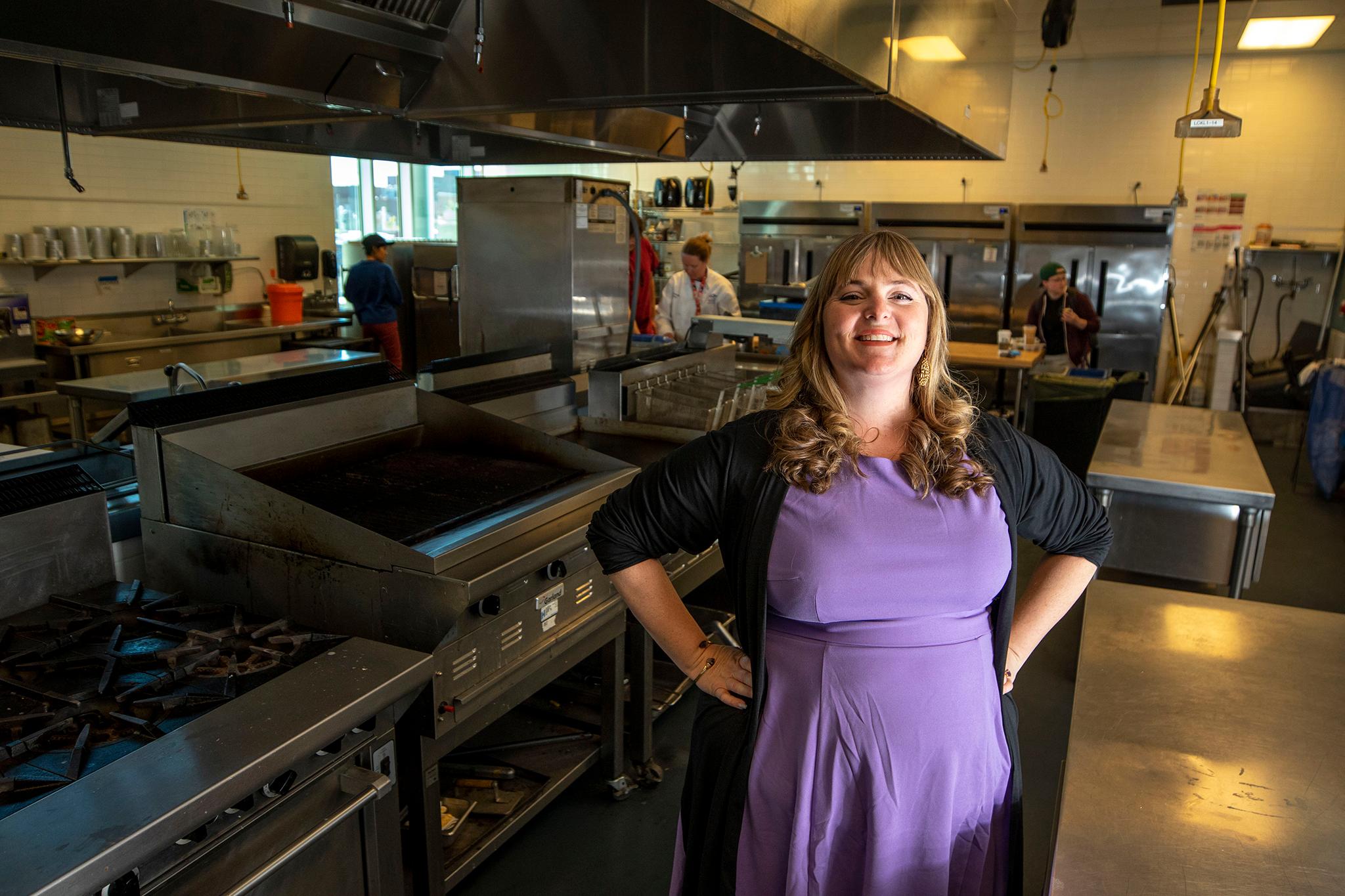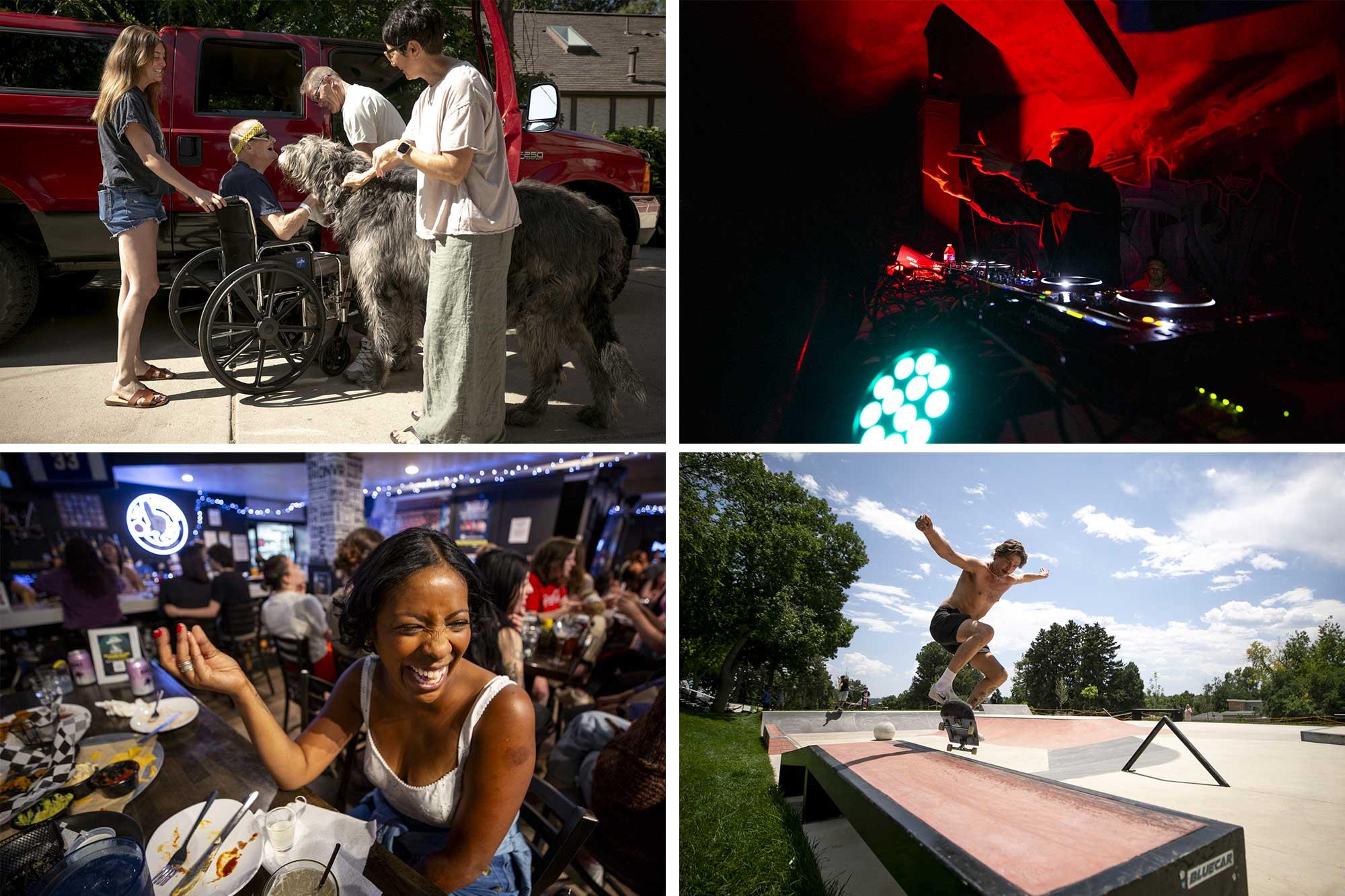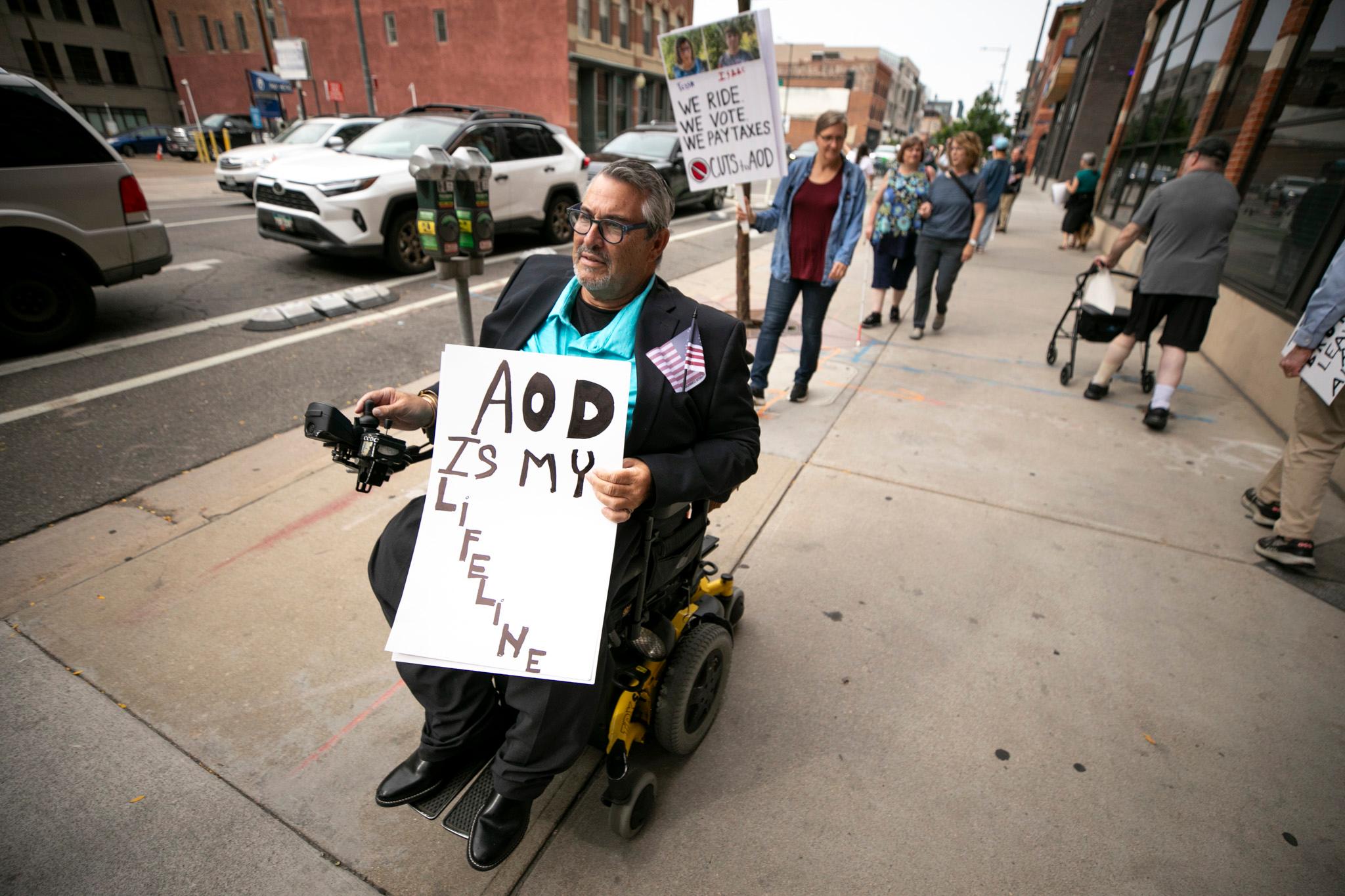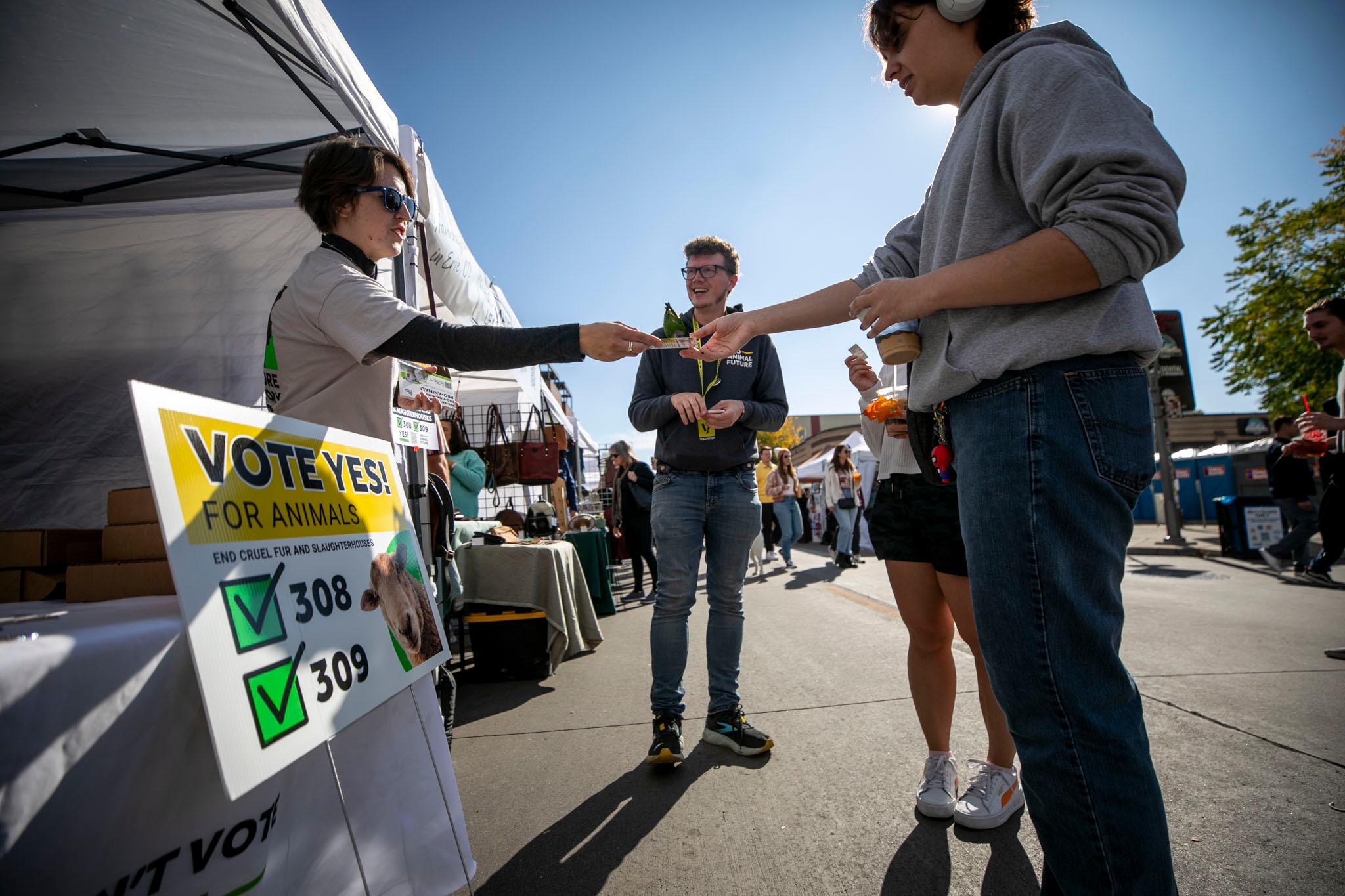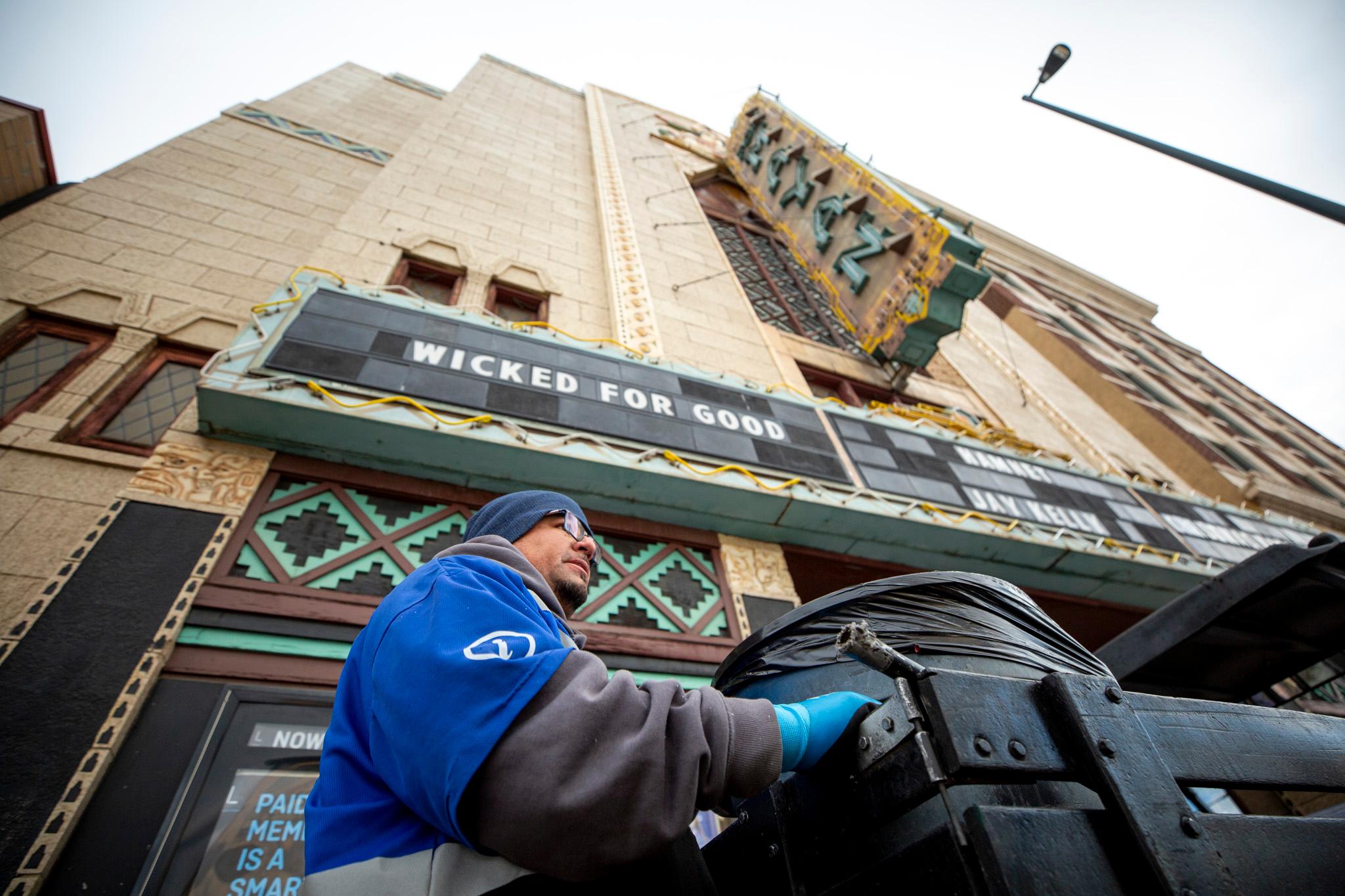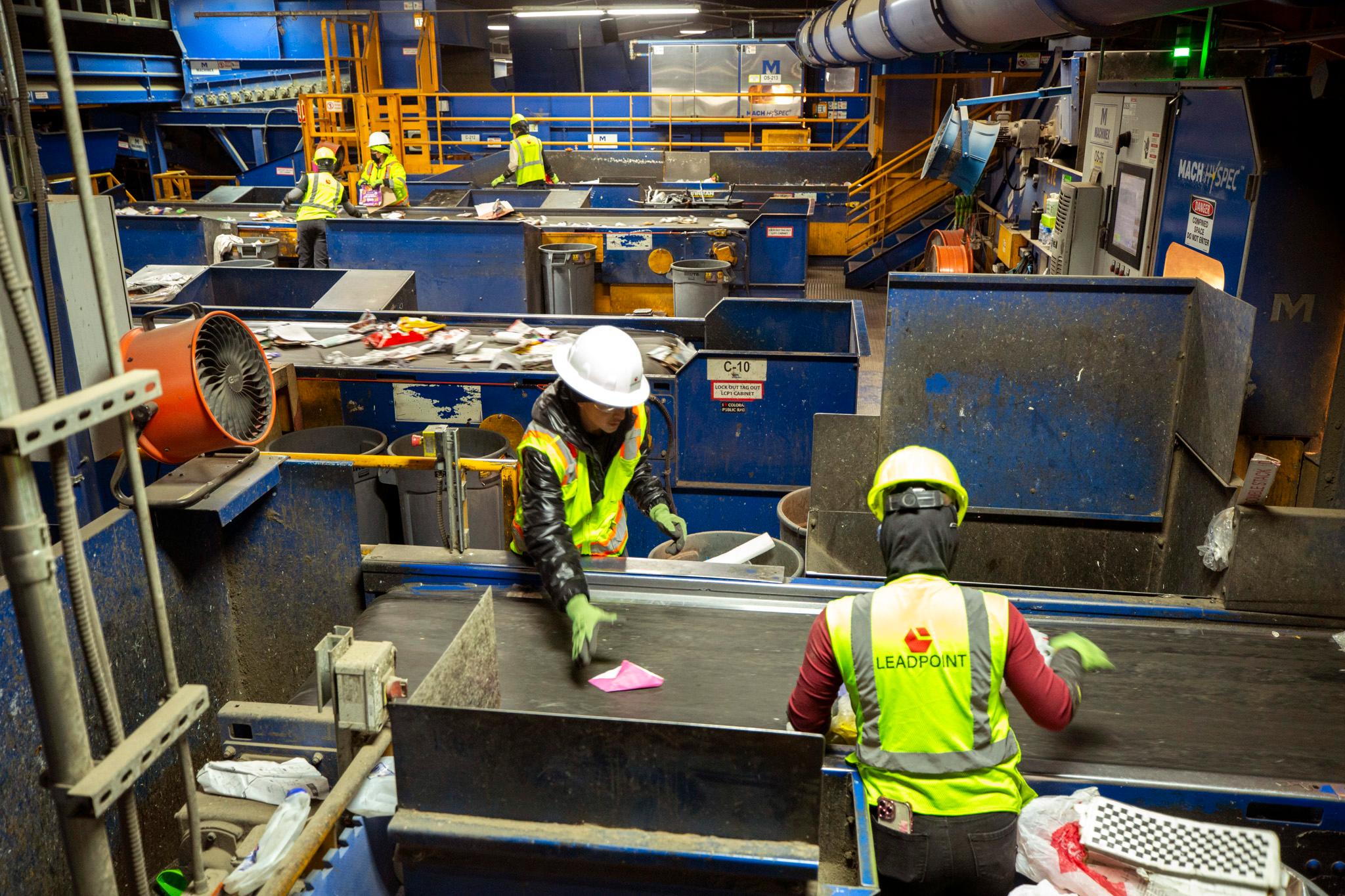When Shannon Donnelly graduated from college with a degree in land use, she asked herself, "Do I become a park ranger or do I work in the cannabis industry?"
She chose the latter and got in the ground of floor of a now-multi billion dollar market. She began working in Colorado dispensaries and cannabis retail management back in 2007, making edibles and managing operations, and opened two marijuana businesses in 2014.
One was a consulting firm, Higher Standard, and the other was Healthy Honeys, where she made CBD products and hosted at-home cannabis parties for women, introducing them to the world of marijuana and its health benefits.
Donnelly realized something while working her business: she had a knack for helping people navigate the complicated cannabis industry.
The cannabis business landscape is a rough terrain of strict zoning policies, working around state law, securing financing, long permitting processes, figuring out which city department does what and sometimes tedious licensing applications.
There's also the equity aspect that Denver and Colorado are actively trying to address by making the industry more accessible to those negatively and disproportionately impacted by marijuana laws. In Denver, there are about 200 retail and medicinal dispensaries. Only three of those are Black-owned.
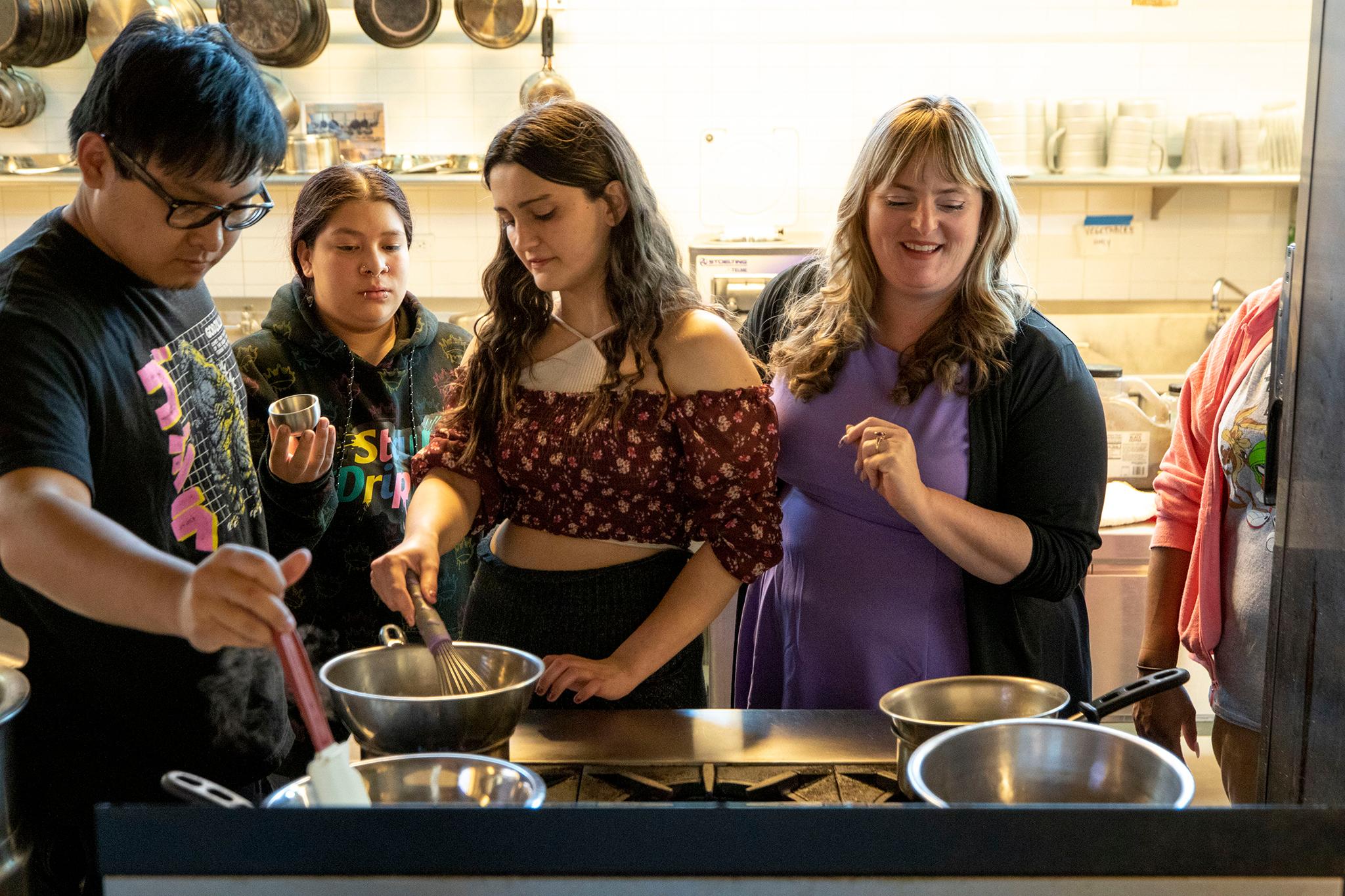
Denver's social equity program for marijuana licensing launched about a year ago and the Colorado Cannabis Business Office recently announced that it's accepting applications for the second round of the Cannabis Business Grants until Nov. 17.
So there's some funding help, if you're approved, and licensing exclusivity, but what about help actually setting up shop?
In 2019, Denver created the "cannabis process navigator" position within the business licensing office. This person would be the one to help applicants weave their way through the marijuana maze of city departments and regulations.
A position Donnelly found herself in in the Mid-West.
When Illinois legalized recreational marijuana in 2019, the state said it would favor social equity applicants. That same year, Donnelly began consulting with budding cannabis entrepreneurs.
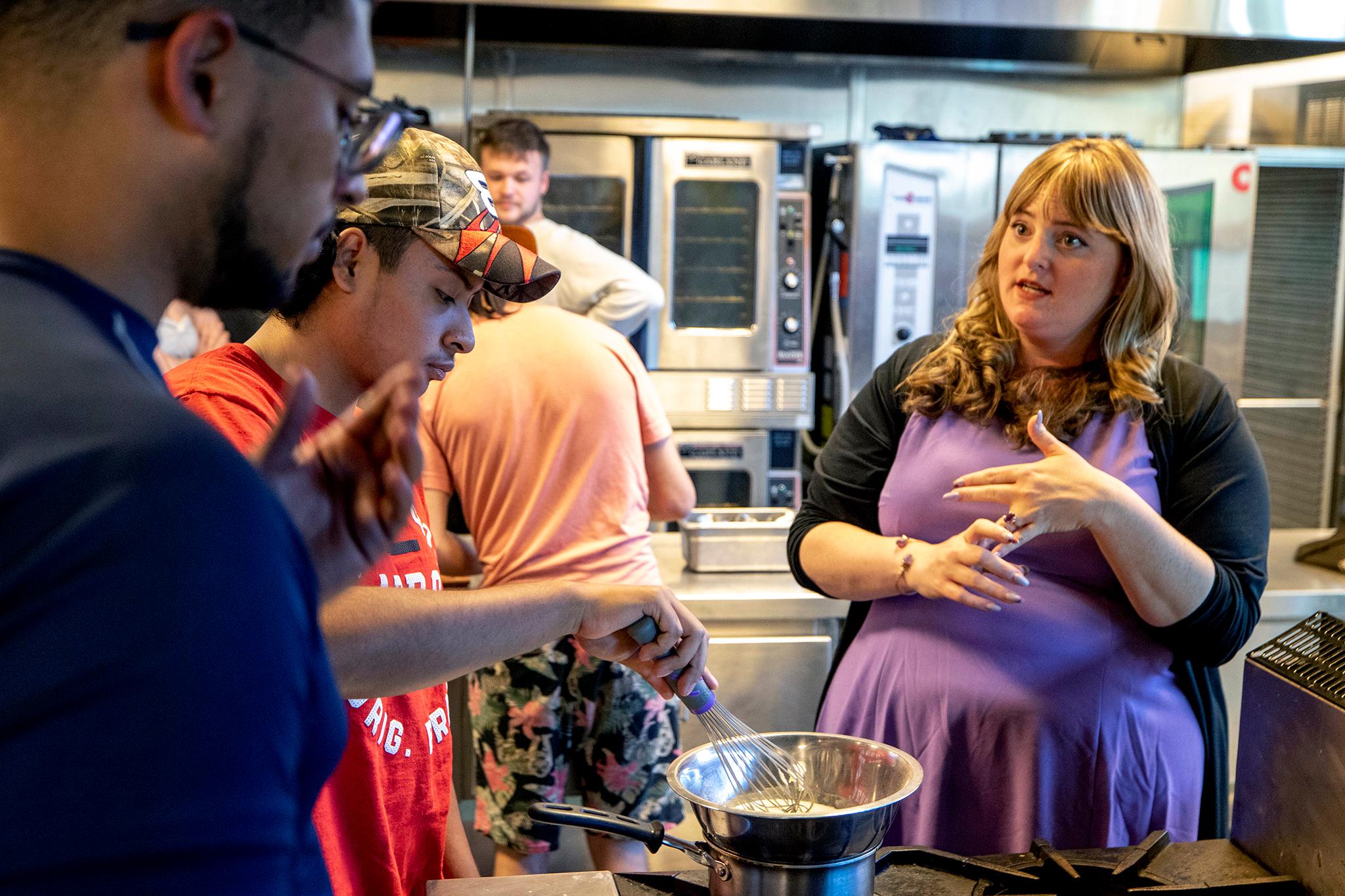
"[With Healthy Honeys] I helped with gender inequities. I'd been helping bring more diversity to the cannabis space by trying to get as many women there as I could...and that's when I started thinking about racial inequity," Donnelly said. "In Chicago, I helped apply for the first round of adult-use dispensaries, cultivations, manufacturing and transporters and we won four licenses for a group of Black and brown individuals from the South Side."
Being from Colorado, Donnelly thought she should use her skills at home, so she applied for the navigator position in Denver.
But she didn't get it. Denver hired Joey Peña, a former journalist who reported for industry publication Marijuana Business Daily, as the city's first-ever navigator.
Donnelly went back to promoting her companies and became an affiliate professor of Cannabis in the School of Hospitality at Metropolitan State University of Denver. She also continued assisting applicants in Chicago, who are still struggling to see an equitable playing field.
When the job reopened again in April of this year, she applied again -- this time successfully.
Now, Donnelly is the city's cannabis process navigator, a position officials say only exists in Denver.
"On a day-to-day basis, I'm interacting with multiple different types of applicants," Donnelly said. "I'm helping them navigate rules they should look at with their business professionals. We're not giving any business or legal advice but we're introducing them to the different departments and showing them where they need to look for certain types of businesses. We don't offer that to any other existing industry."
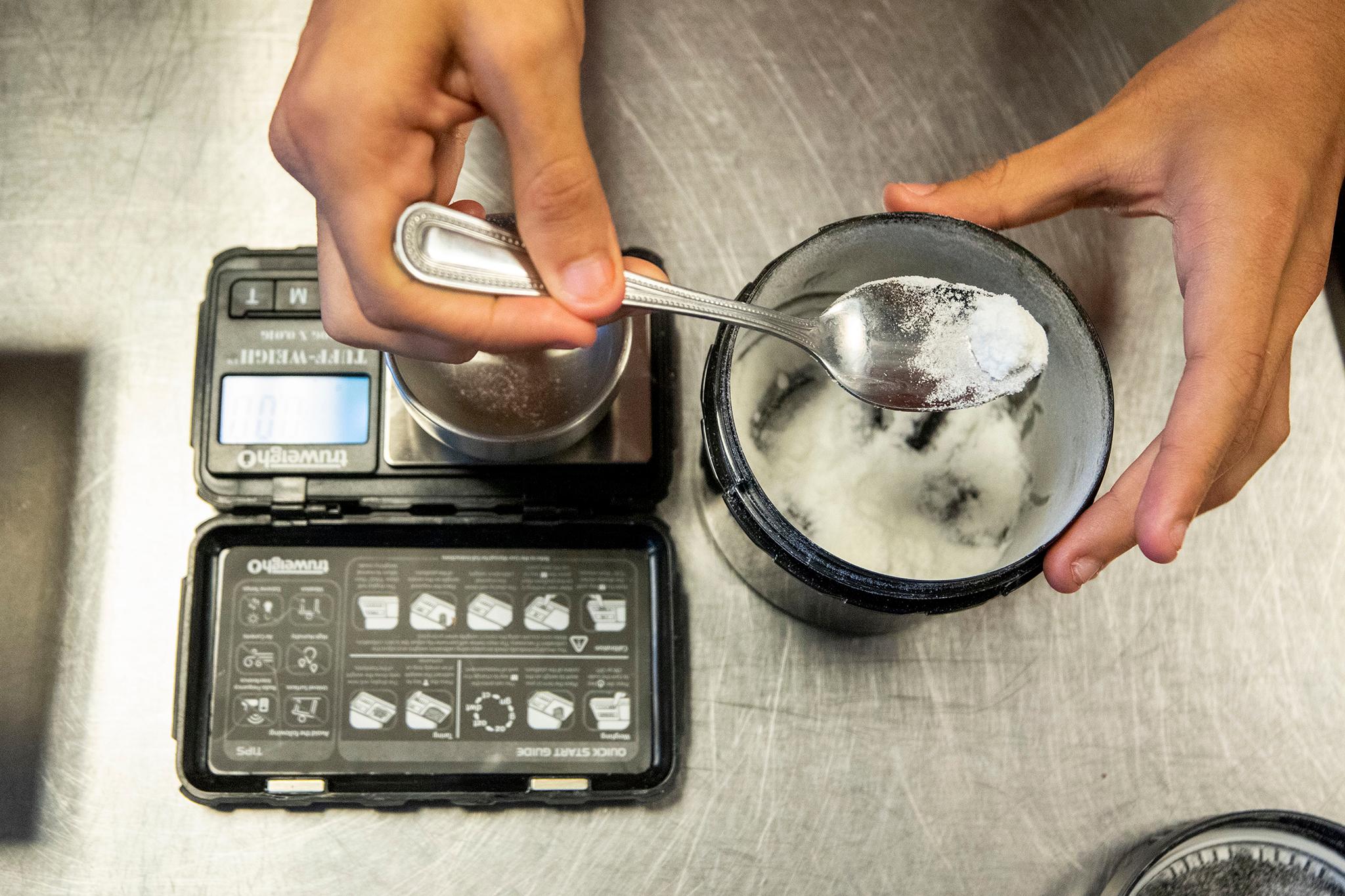
Donnelly said the navigation process can sometimes start before applicants even apply. She sits down and helps applicants figure out what part of the industry they're passionate about. Do they have green thumbs? Are they social media savvy?
One important note is that she doesn't provide business or legal advice. Instead, she said being a navigator is like chatting with a friend who's more knowledgeable than you on a certain subject.
"How can I help?" Donnelly said. "I can't give you all the answers, but at least I can help you find the answers.... We want people to get licenses, but we [also] want people to have successful business licenses."
Donnelly sometimes hosts a pre-application meeting where she introduces potential applicants to important city departments such as Denver Fire and City Planning and Development. At the meetings, they'll look at health codes, building laws and fire codes. At the end, applicants have a basic understanding of these city departments, how to contact them and leave with general feedback.
"We don't offer that to any existing industry," Donnelly said. "I've really focused on how we work with our partner agencies to help our social equity applicants get through this process."
Donnelly said the navigator plays and important role in leveling the industry's playing field.
Providing newcomers with upfront information so they don't have to search or pay someone to assist them speeds up a process for folks who are essentially already 10 years behind the pack, she said.
"The existing industry has had 10 years to figure it out. So what our applicants need to know in a year, we had three, four, five years to figure it out," Donnelly said. "We don't want them to spend time and money and valuable resources on things they can come to me for... It's about meeting people where they are and giving them the information that's valuable to them and that gets them on the right track."
One person Donnelly helped get on track is Ashley Jenkins, the first Black woman to have a manufacturing of marijuana-infused products license for her company MT Growers.
Jenkins received a social equity license at the beginning of September, but the journey wasn't easy. Jenkins faced the typical issue of securing financing for a cannabis business. She also had issues with building codes. Jenkins said the back and forth between the city and fire department made her consider giving up a few times.
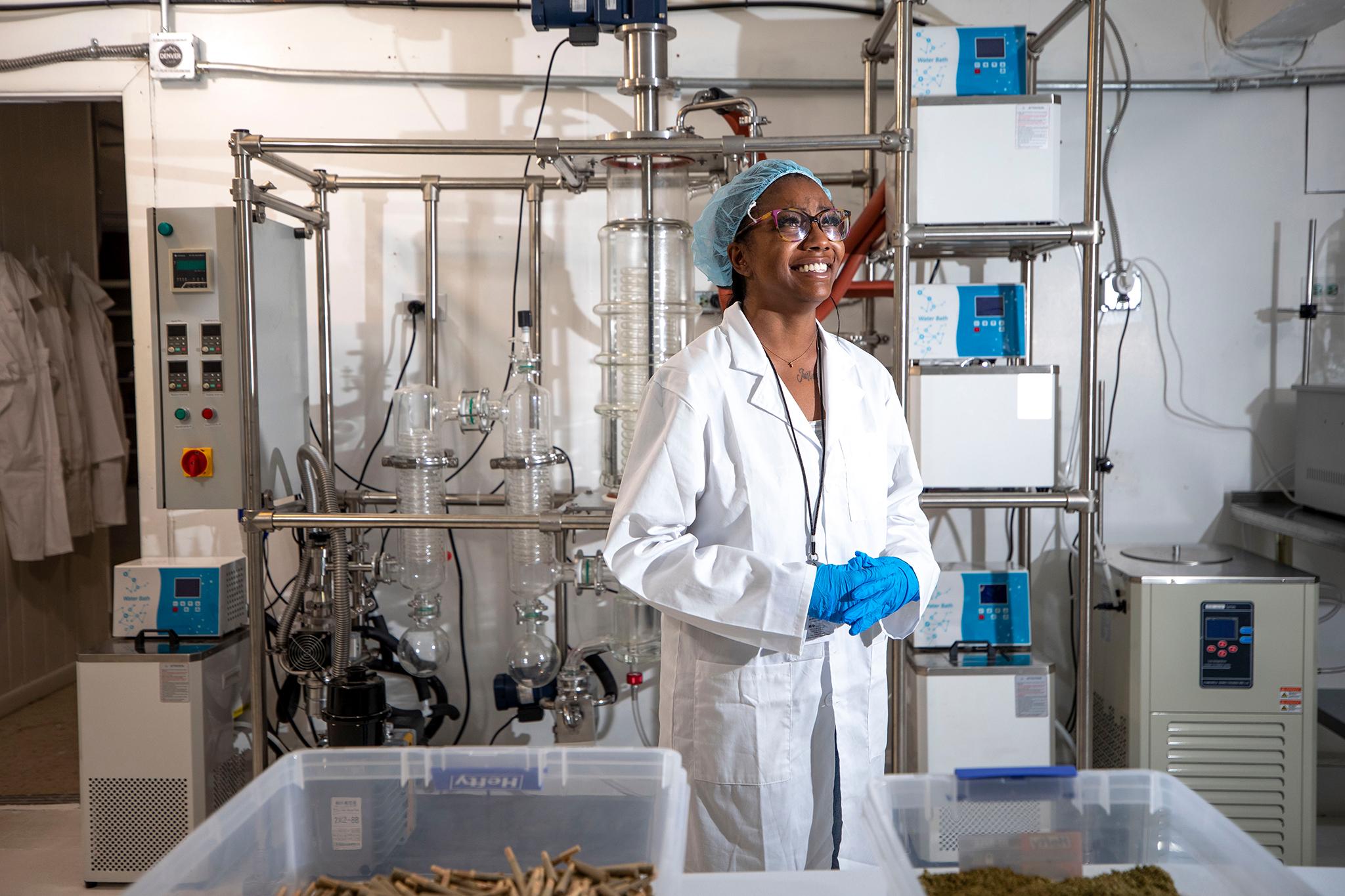
But Jenkins said the one saving grace from the program was the navigator, Donnelly. Jenkins added that if the program had more Donnellys, more people might apply and have an easier time getting things done.
"Shannon completes our team," Jenkins told Denverite earlier this year. "If I had Shannon from the beginning I would have no qualms with the program. Anytime we've gotten stuck, she's been our guide."
Donnelly has also connected Jenkins with dispensaries looking to host more products from social equity licensees.

Eric Escudero, the communications director for the Department of Excise and Licenses said there's no plans to hire another navigator, but as the social equity program expands, so may the need for another navigator. As of October, Escudero said 24 social equity licenses are pending and 24 have been approved with most approvals going toward marijuana delivery or transportation licenses.
That's Donnelly's goal, expand the program, ensure the applicants become licensees and the businesses become successful.
"I hope the social equity program keeps expanding and I hope we really start providing valuable resources to the applicants," Donnelly said. "I would love to have 40 social equity applicants licensed in two years and we're marching towards that. I'm here as a resource and I love for people to reach out to me within the process. Whether they're at the beginning or they've already applied, I'm here."

